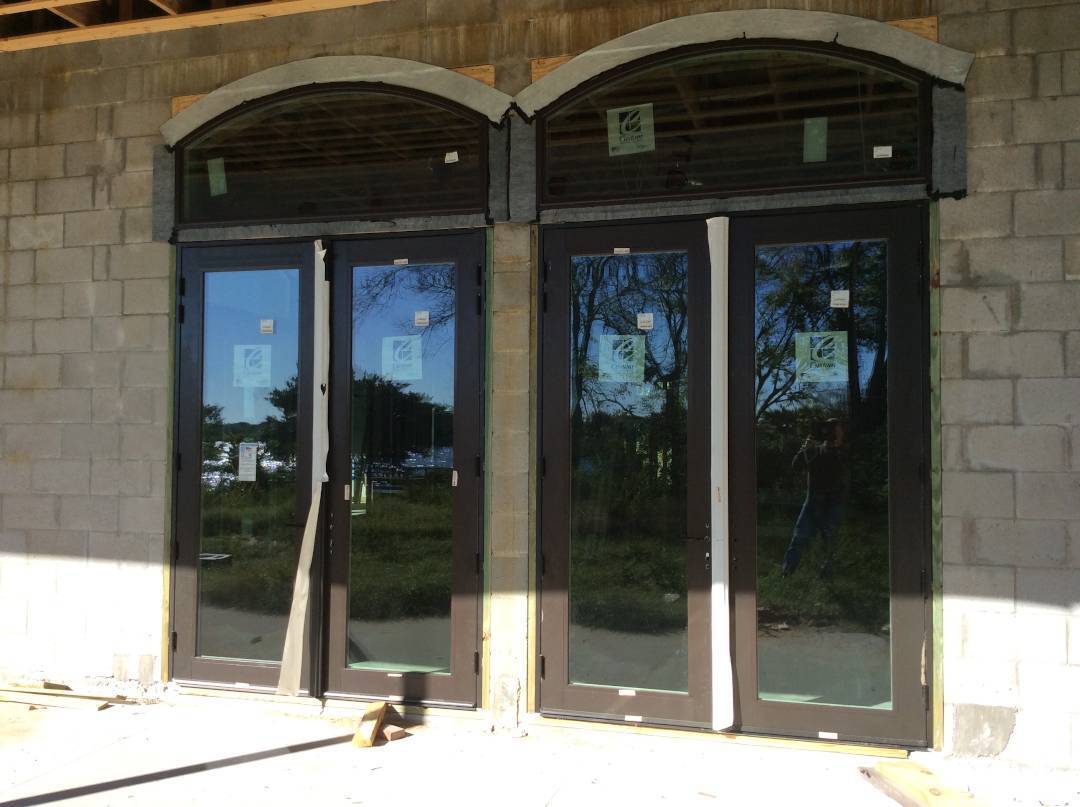
Florida is renowned for its beautiful beaches, warm climate, and vibrant culture. However, the state also faces challenges such as severe tropical storms and hurricanes, which can wreak havoc on homes, especially on entry points like doors.
As such, impact-resistant doors have become essential for homeowners seeking safety and durability.
This article provides a comprehensive guide to the most durable impact door materials suitable for Florida homes.
Understanding Impact Doors
Impact doors are specially designed to withstand the force of strong winds and flying debris during severe weather.
These doors are typically made from robust materials that comply with the standards set by the Miami-Dade County Building Code, which is one of the most demanding building codes in the United States when it comes to wind resistance.
Key Features of Impact Doors:
- Reinforced Strength: Designed to resist high winds and impacts from flying debris.
- Energy Efficiency: Many impact doors come with thermal insulation to help maintain indoor temperatures.
- Low Maintenance: Most materials resist rust, corrosion, and other weather-related wear.
Fiberglass Doors
Overview:
Fiberglass is quickly becoming one of the top choices for impact doors in Florida. It combines durability with excellent insulation properties.
Advantages:
- Durability: Fiberglass doors won’t warp, crack, or splinter over time, making them ideal for humid climates.
- Energy Efficiency: They provide better insulation than traditional wooden doors, helping to keep energy costs down.
- Customization: Available in various styles and finishes, fiberglass doors can mimic the look of wood without the drawbacks.
Disadvantages:
- Cost: Higher upfront costs can be a consideration compared to other materials.
- Color Fading: They may be prone to fading under prolonged sunlight exposure, requiring occasional repainting.
Steel Doors
Overview:
Steel doors offer one of the highest levels of security and impact resistance, making them a popular choice among Florida homeowners.
Advantages:
- Strength: Steel doors are incredibly tough and resistant to impact, making them highly durable during storms.
- Security: The solid nature of steel offers superior protection against intrusions.
- Low Maintenance: Steel doors are less likely to warp or crack and usually require minimal maintenance.
Disadvantages:
- Rust: If not properly treated or painted, steel doors can rust, especially in Florida’s humid environment.
- Weight: Heavier than other door types, potentially complicating installation.
Aluminum Doors
Overview:
Aluminum is another popular choice for impact doors, renowned for its lightweight yet robust characteristics.
Advantages:
- Resilience: It’s naturally resistant to corrosion, making it ideal for coastal environments.
- Lightweight: Easier to handle during installation compared to steel doors.
- Aesthetics: Available in various finishes and colors, aluminum doors can complement any home style.
Disadvantages:
- Denting: While durable, aluminum doors can dent more easily than steel doors.
- Thermal Conductivity: Poor insulation compared to fiberglass unless additional insulating materials are used.
Vinyl Doors
Overview:
Vinyl doors have become increasingly popular due to their affordability and good performance in harsh weather conditions.
Advantages:
- Cost-Effective: Generally less expensive than fiberglass and steel options.
- Energy Efficient: Good thermal performance helps regulate indoor temperatures.
- Low Maintenance: Vinyl construction is resistant to rot and pests.
Disadvantages:
- Impact Resistance: While they are durable, vinyl doors may not offer the same level of impact resistance as fiberglass or steel.
- Color Options: Limited color selections may not meet the aesthetic preferences of some homeowners.






Leave a Reply
You must be logged in to post a comment.